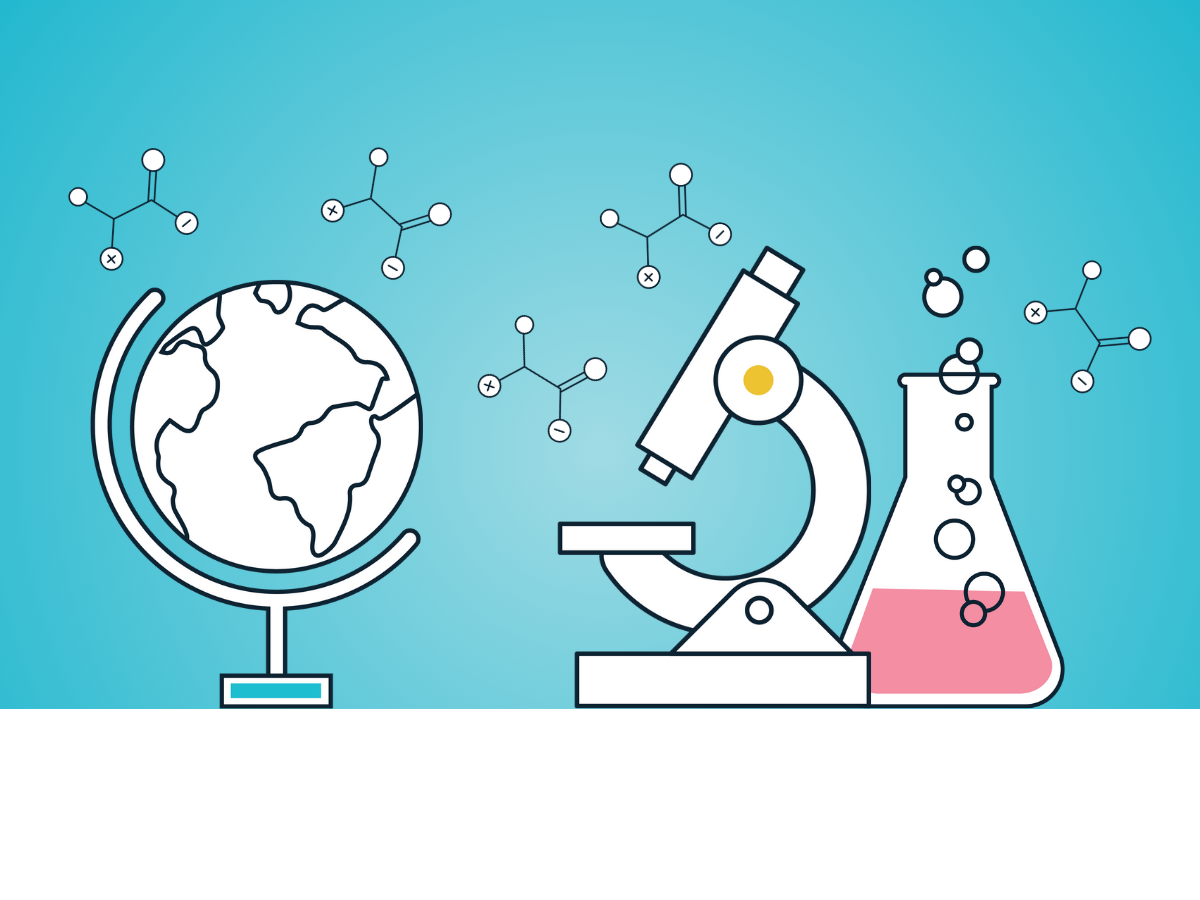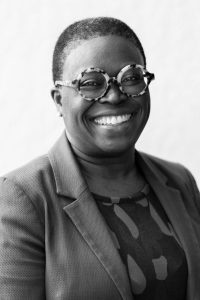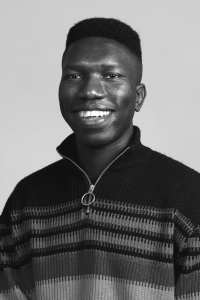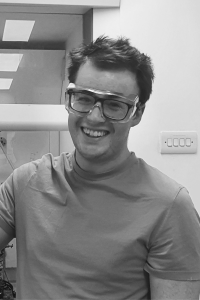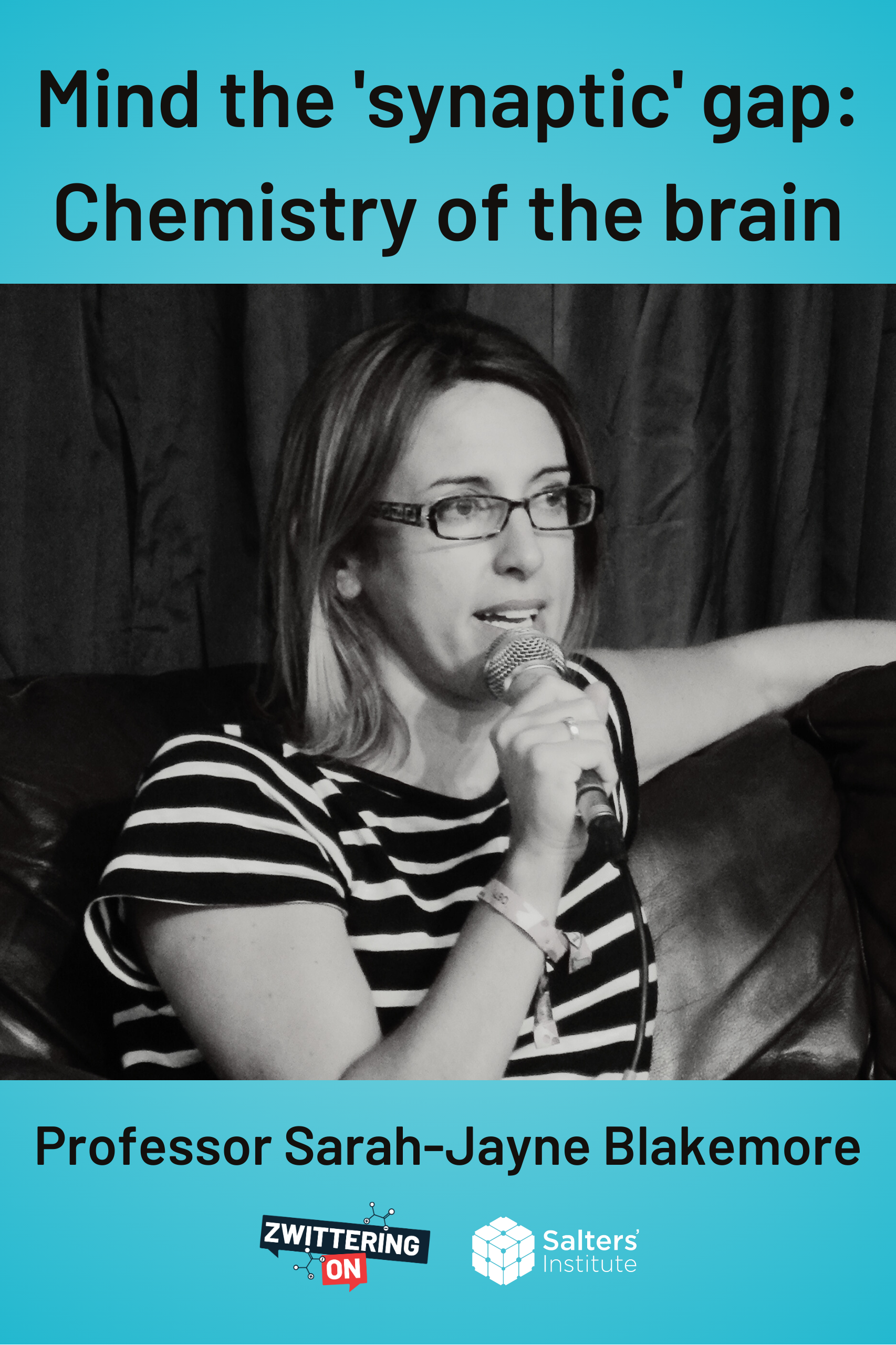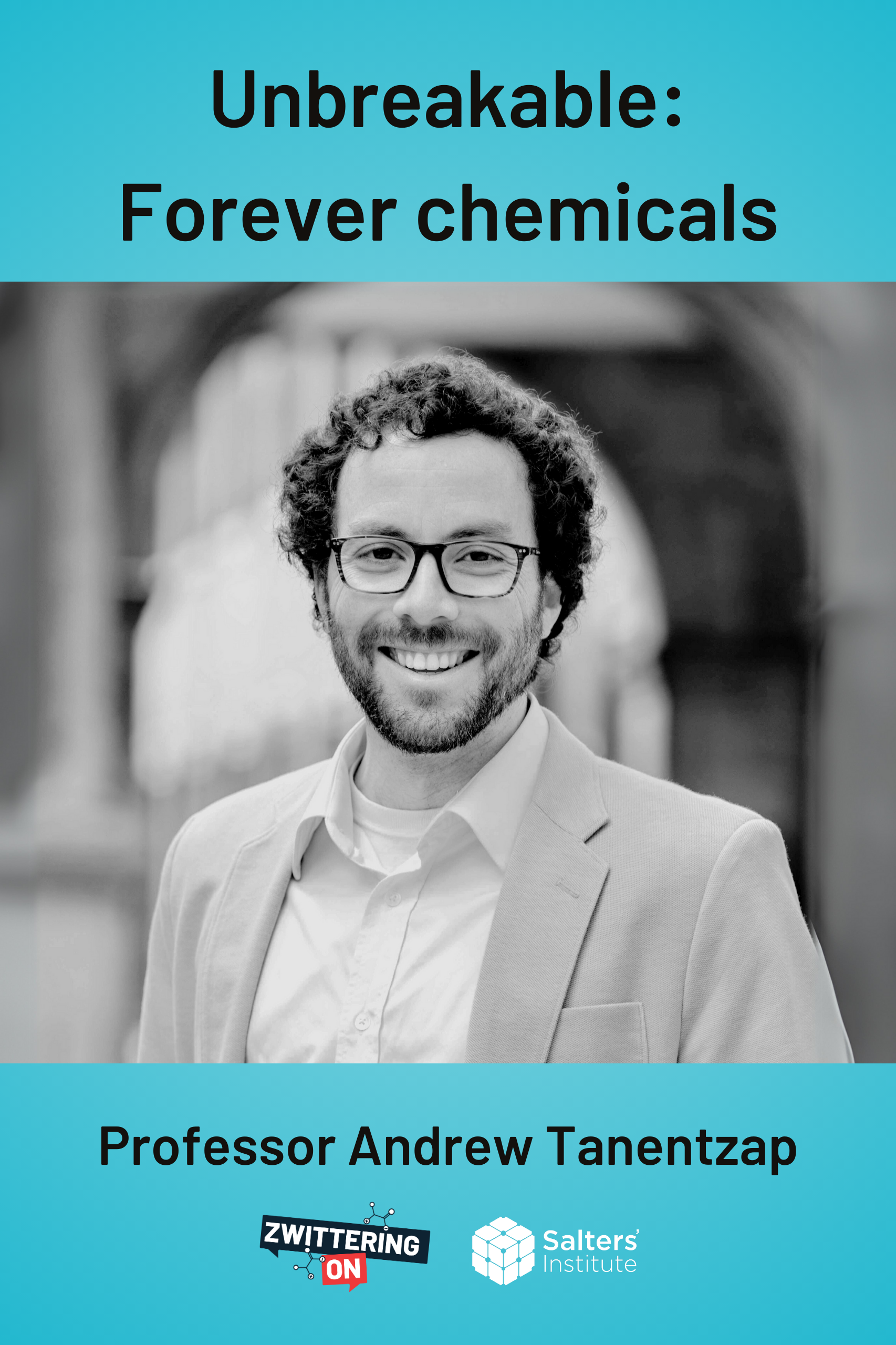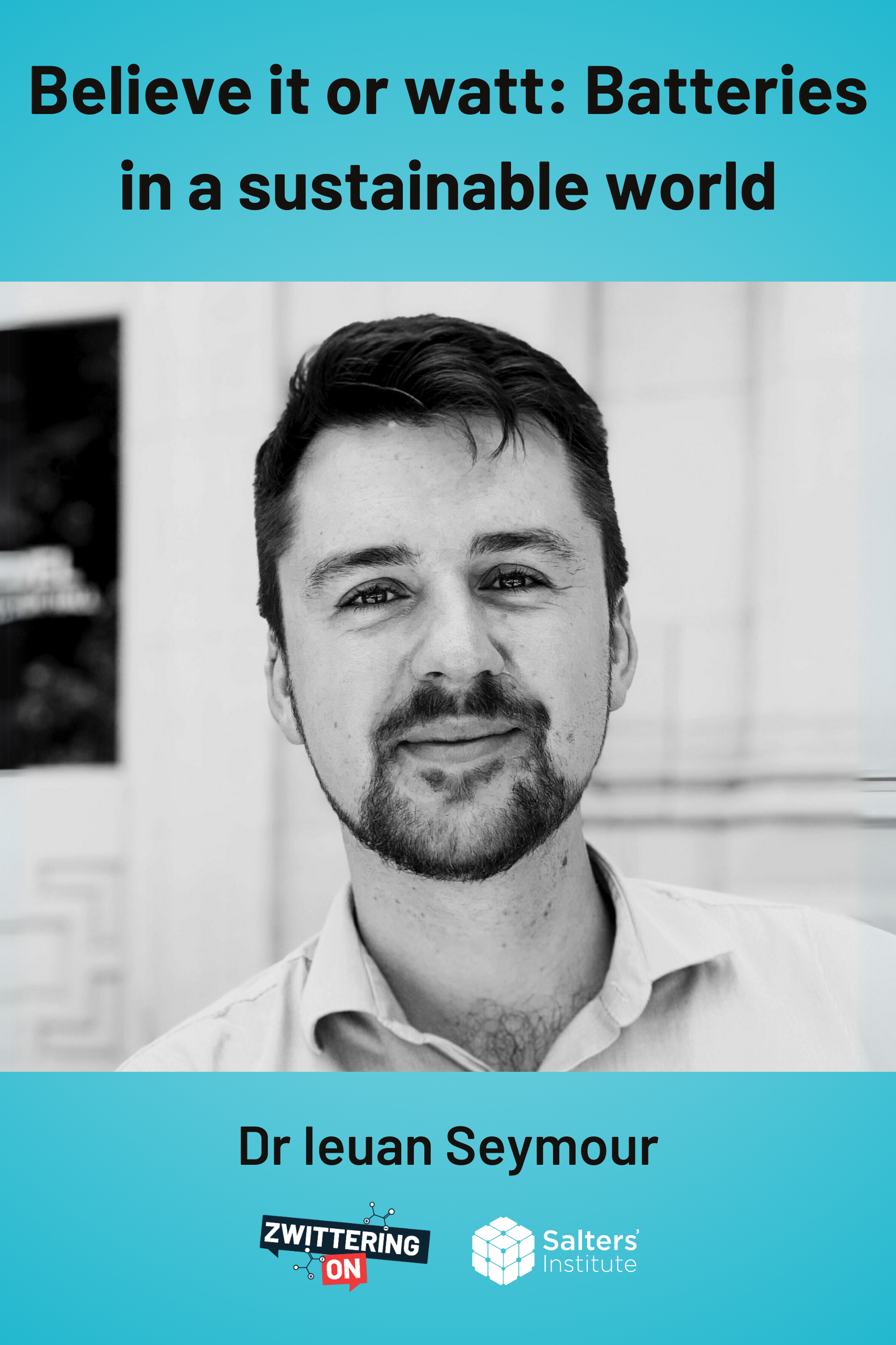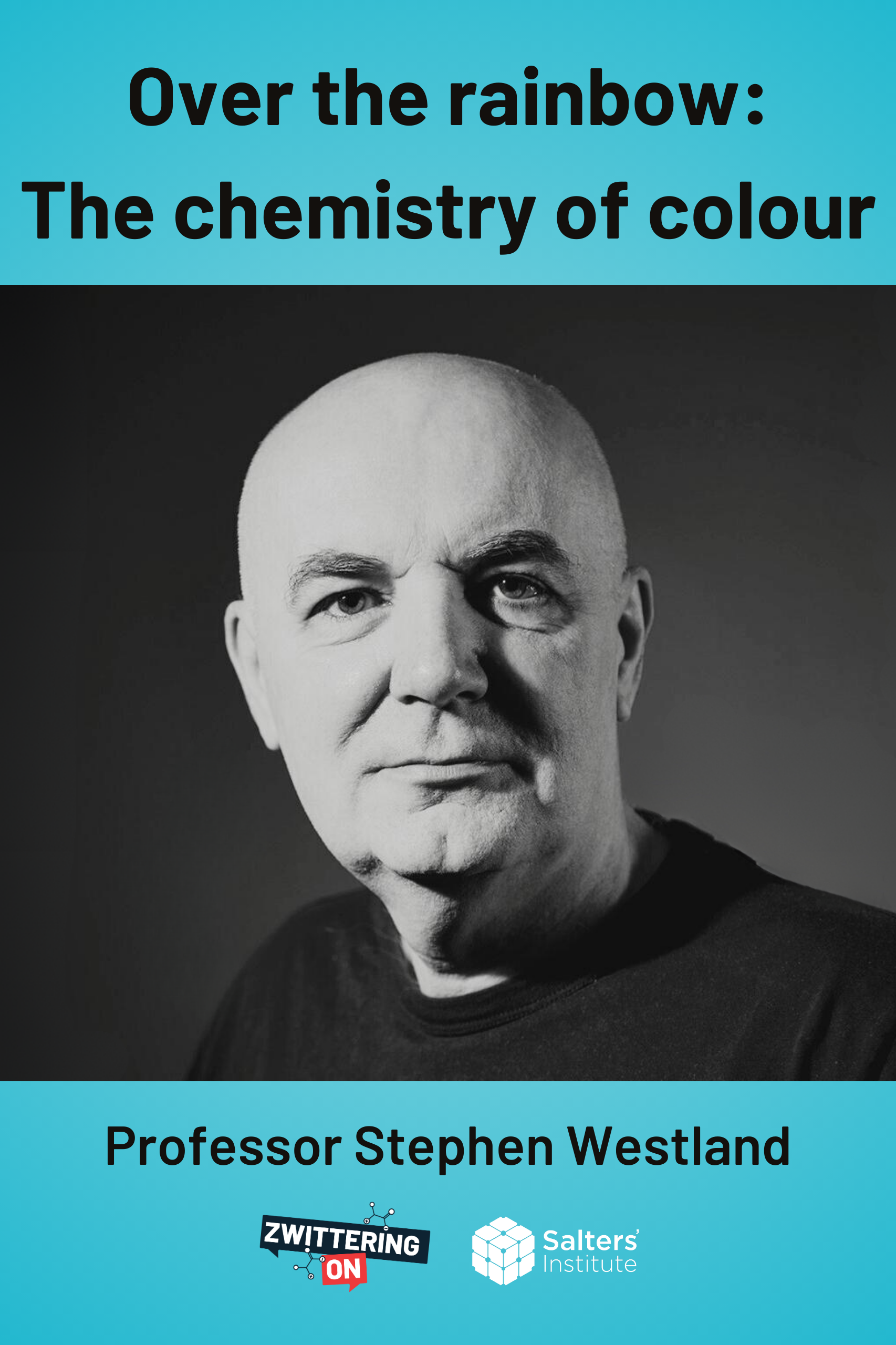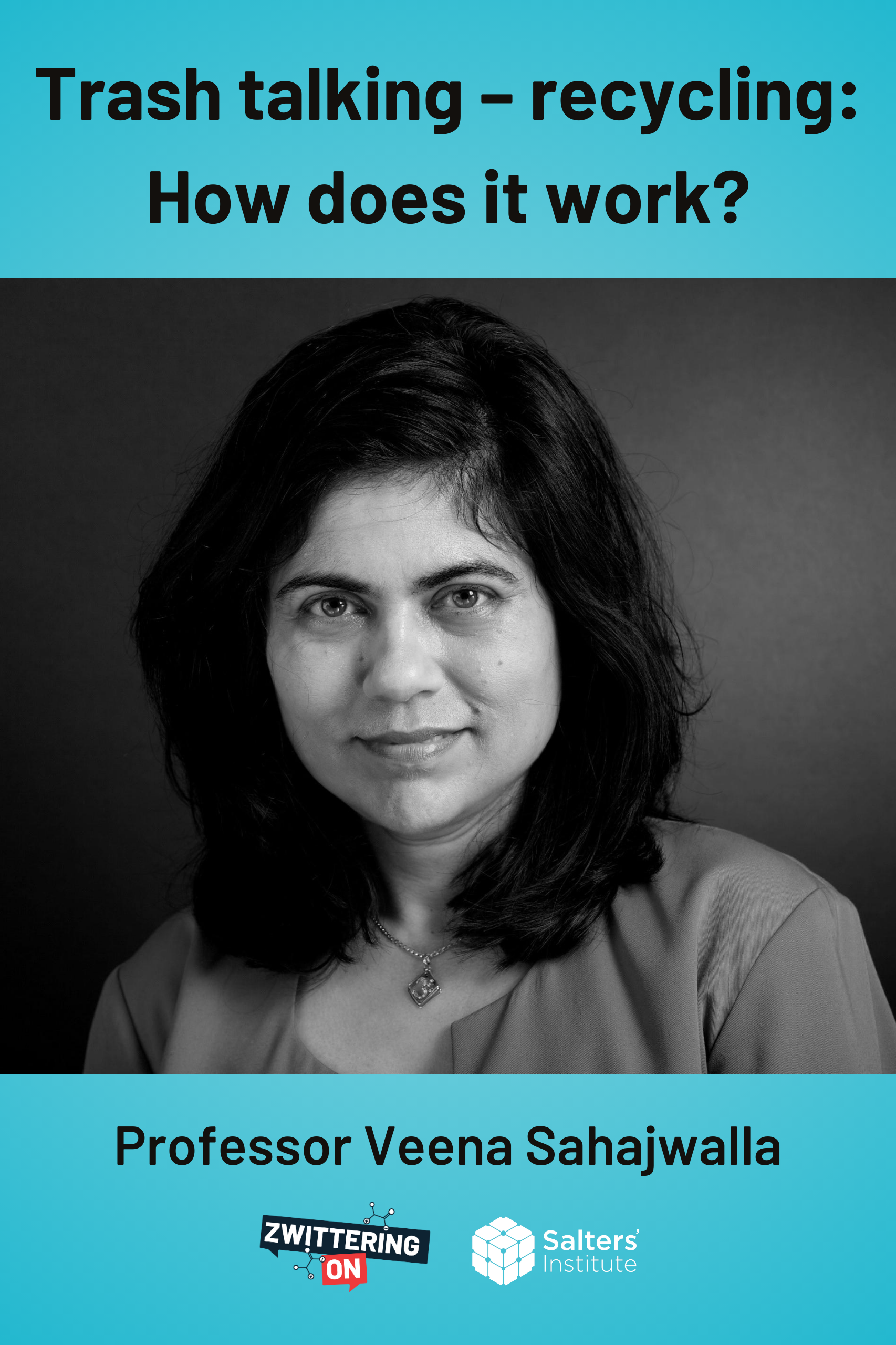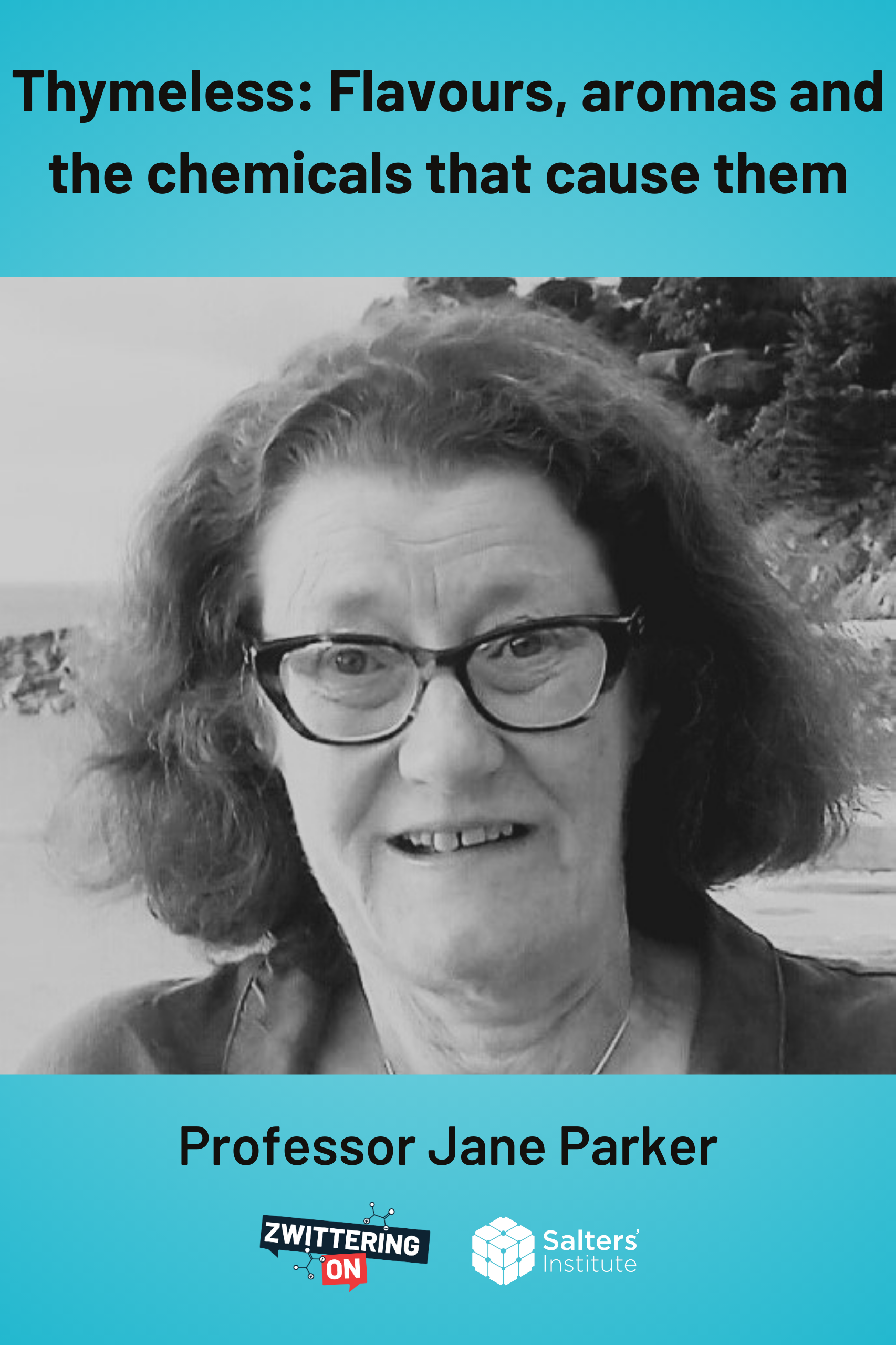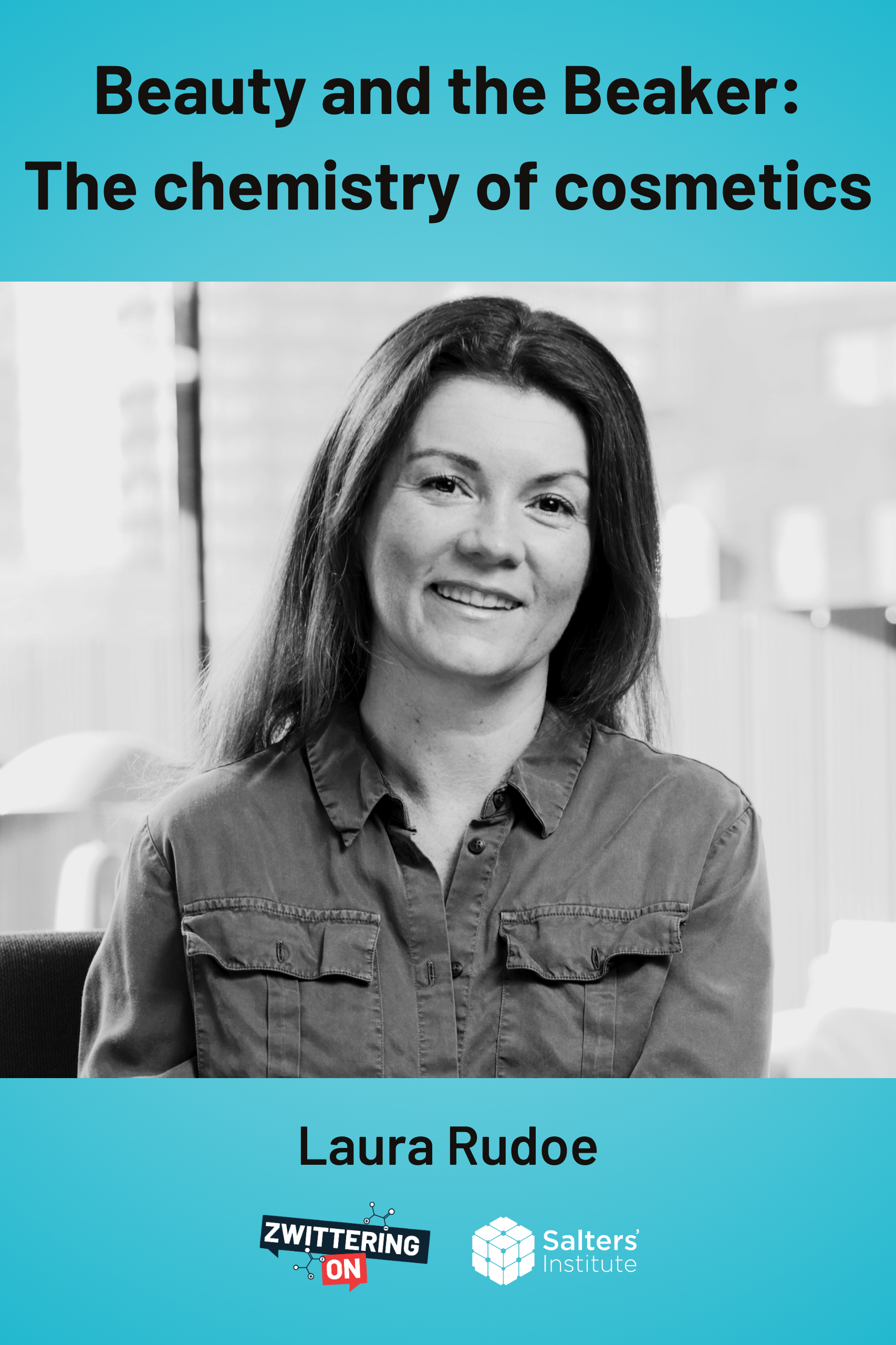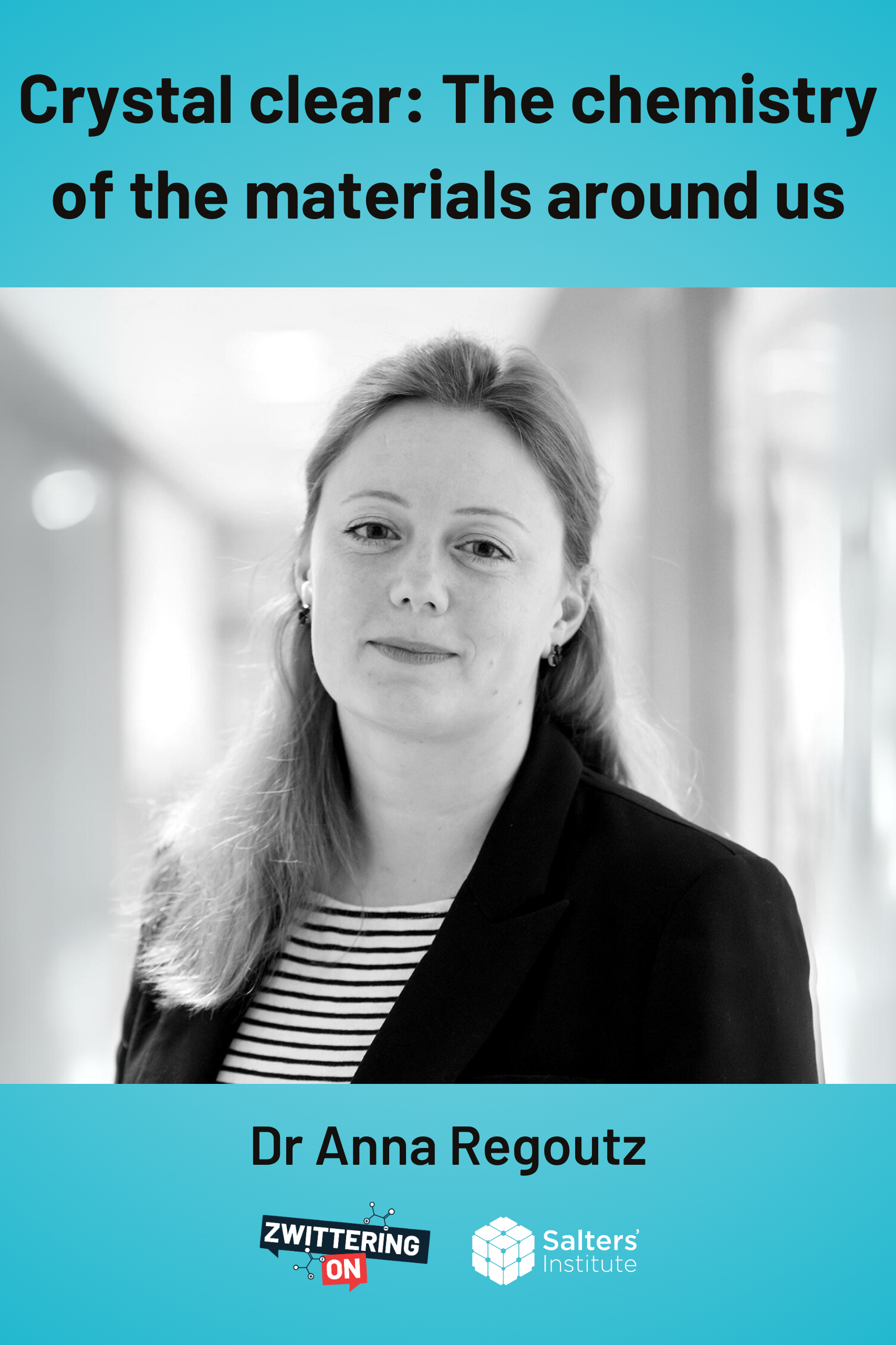The Zwittering On podcast explores the chemistry of our common human experience. Each week hosts Mariama and Sam are joined by a guest expert and student to explore the chemistry of a different topic and to uncover how chemistry affects our everyday lives.
We break down the science so anyone can learn more about the chemistry that is all around us. Listeners learn about how chemistry influences our present and how it can help bring positive social change now and in the future.
The world needs chemists more than ever. Will you join our conversation?
Subscribe to Zwittering On on Spotify, Apple Podcasts, Google Podcasts, Amazon Music, Player FM, PocketCasts, and through our RSS Feed.
Listen to our latest episodes here:

